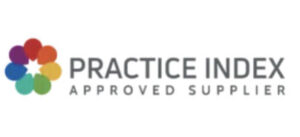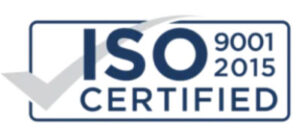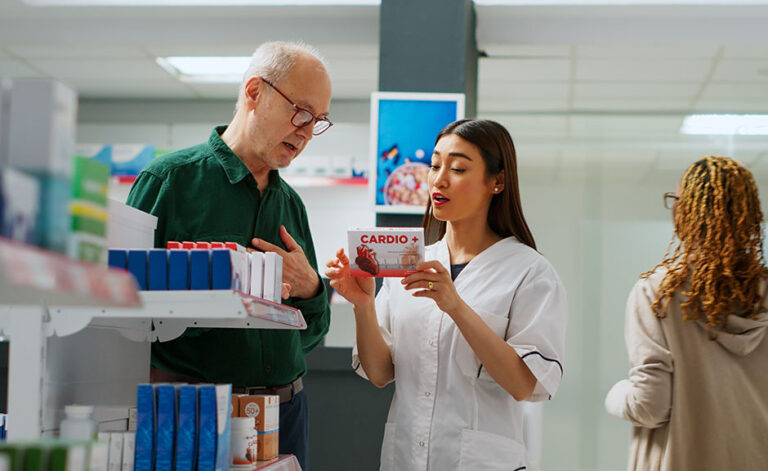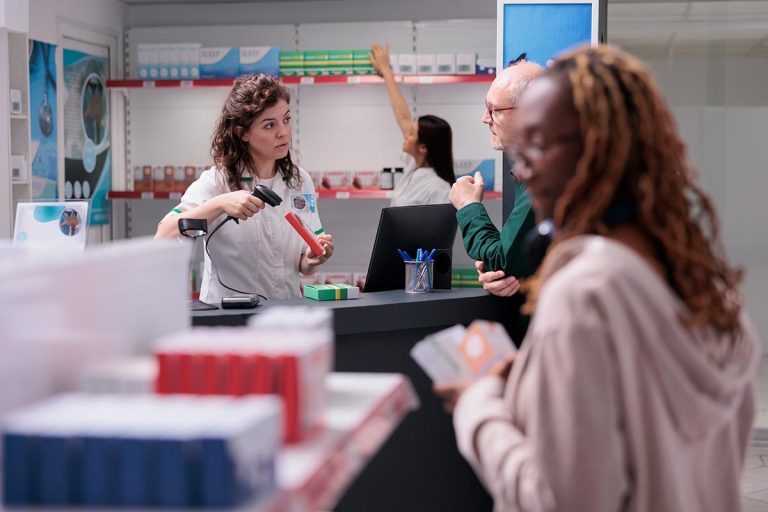Medical reconciliation to reduce medication errors
Here at NCS, we help reduce medication errors through a strategic medication reconciliation process involving comparing patient medication orders to all of the medications that the patient has been taking. Medication errors such as omissions, duplications, dosing errors, or drug interactions are drastically reduced through well defined reconciliation process.
Accreditations and Partners



Medicine reconciliation for GP practices
We help optimise medication management by
- Completing a comprehensive review of patient medication
- Minimising risks and increasing resource utilisation
- Improving drug safety and patient outcomes
Improving Medicine reconciliation processes
Medication Reconciliation Support for South Coast GP Practices

Background
Client: A group of GP practices in the South Coast
Service Provider: National Clinical Services (NCS)
Project Duration: Ongoing
Objective: Provide medication reconciliation support to improve patient safety and medication accuracy across multiple practices
A group of GP practices along the South Coast faced challenges in keeping up with medication reconciliation for patients following hospital discharges, care transfers, and other transitions. Medication reconciliation is critical in ensuring that patients receive the correct medications and that any discrepancies are identified and resolved promptly. National Clinical Services (NCS) was tasked with remotely providing medication reconciliation services to improve efficiency and patient safety across these practices.

Approach
NCS deployed a team of pharmacists working remotely to provide comprehensive medication reconciliation services. The aim was to ensure that all patient medications were correctly documented and reviewed, minimising the risk of errors, adverse drug reactions, or duplication of treatments. The services provided included:
- Hospital Discharge Summaries: Pharmacists reviewed medication changes made during hospital admissions, ensuring they were accurately reflected in the GP records and implemented into patients’ medication plans.
- Care Home Transitions: When patients transferred between care homes and their GP practices, NCS pharmacists ensured seamless medication continuity by reviewing and updating medication records.
- Polypharmacy Reviews: NCS conducted in-depth reviews for patients on multiple medications to identify any potential drug interactions or unnecessary prescribing, making recommendations to streamline and optimise medication use.
- New Prescriptions Monitoring: Pharmacists carefully reviewed new prescriptions, particularly for high-risk drugs like anticoagulants or immunosuppressants, ensuring they were prescribed and monitored appropriately.
- Chronic Disease Medication Adjustments: Pharmacists reconciled medications for patients with chronic diseases such as diabetes, hypertension, and COPD, ensuring that changes in treatment regimens were correctly applied.
- Patient Communication: NCS pharmacists liaised with patients where necessary to clarify any changes made to their medications, helping to improve understanding and adherence.

Results
- Improved Patient Safety: By ensuring accurate reconciliation of medications after transitions of care, NCS helped reduce the risk of medication errors, adverse reactions, and missed doses.
- Timely Updates: GP records were updated promptly following hospital discharges and other transitions, allowing GPs to make informed decisions about patient care.
- Streamlined Prescribing: The polypharmacy reviews led to a reduction in unnecessary medications and an optimised approach to chronic disease management.
- Efficient Remote Working: The remote working model proved successful, allowing NCS to provide these services across multiple practices without the need for on-site presence, saving time and resources.

Conclusion
National Clinical Services played a vital role in supporting a group of South Coast GP practices by delivering medication reconciliation services remotely. By ensuring medication accuracy following hospital discharges and other transitions, NCS significantly improved patient safety and helped streamline prescribing practices. The practices benefited from timely updates and enhanced patient communication, demonstrating the value of remote pharmacist-led medication reconciliation.
-
ICBs
-
PCNs
-
Pharmacists
Don’t just take our word for it…
“As Practice Manager, I want to express my gratitude to Yasin Patel for his invaluable support in establishing our remote Minor Illnesses Clinic. His professional service has been instrumental in addressing staffing challenges and providing additional coverage when needed. The clinically proven approach has significantly alleviated pressures on our team. Thank you, Yasin!”
Kerry - Practice Manager
Frequently asked questions
How much ARRS funding can a PCN benefit from?
A PCN is allocated a sum for an entire year based on its weighted population share of the total ARRS funding.
Although PCNs are able to claim up to this maximum sum each year, an underspend has commonly been reported.
From 1 October 2024, PCNs will be able to claim up to £65,838 (annual equivalent) per ARRS clinical pharmacist working at band 7-8a.
In outer London, this rises to £73,189, and £76,313 in inner London.
How much is the ARRS funding?
Funding for the new ARRS GP roles has been calculated at £1.303 multiplied by the PCN’s weighted population as of the start of 2024.
According to NHS England, the overall value of the ARRS in 2023/24 is in excess of £1billion.
The role of ARRS in primary care
According to NHS England, The ARRS scheme was introduced as a key part of the government’s manifesto commitment to improve access to general practice.
Through the scheme, primary care networks (PCNs) can claim reimbursement for the salaries (and some on costs) of 18 new roles within the multidisciplinary team selected to meet the needs of the local population.
By expanding general practice capacity, the scheme improves patient access, supports the delivery of new services, and widens the range of primary care services available.
How many ARRS roles are available?
There are around 18 roles available, including:
- Clinical Pharmacist
- Pharmacy Technician
- Health and Well-being Coach
- Dietician
- Podiatrist
- Paramedic
- Adult Mental Health Practitioner
- Children and Young People’s Mental Health Practitioner
- Nursing Associate
- Trainee Nursing Associate
- Occupational Therapist
- First-contact Physiotherapist
- Care Co-ordinator
- Physician Associate
- Social Prescribing Link Worker
- General Practice Assistant
- Digital and Transformation Lead
- Advanced Practitioner
What does the ARRS stand for in the NCS?
ARRS stands for The Additional Roles Reimbursement Scheme.
In August 2024, the government announced that £82 million of additional funding from the Department of Health and Social care budget would be used to enable changes to the ARRS scheme, which means that in 2024/25 it can be used to recruit newly qualified GPs into the NHS and practices will be reimbursed for their salary costs. However, this changes the nature of the scheme as it had been focused on ‘additional roles’ that broaden the skill mix and range of services available to patients in general practice rather than funding core GP roles.
Who are National Clinical Services and how can we help assist PCN’s with ARRS?
How does the application process for ARRS funding work?
Who is eligible for ARRS funding?
What is a PCN?
PCN stands for Primary Care Network.
A Primary Care Network (PCN) is a group of GP practices that collaborate closely with other health and social care staff and organisations to deliver integrated services to their local community.
This model enhances the ability to provide comprehensive, coordinated care tailored to the specific needs of the population they serve.
Across England, there are around 1,250 PCNs covering populations of, on average, 50,000 people – although this varies significantly, with more than a third of PCNs covering more than 50,000 people. In some cases, a single practice that has met the size requirements of a network can also function as a network.
Get in Touch
Choose a time that works best for you. Once you are done setting up a time, please check your email for your confirmation.
